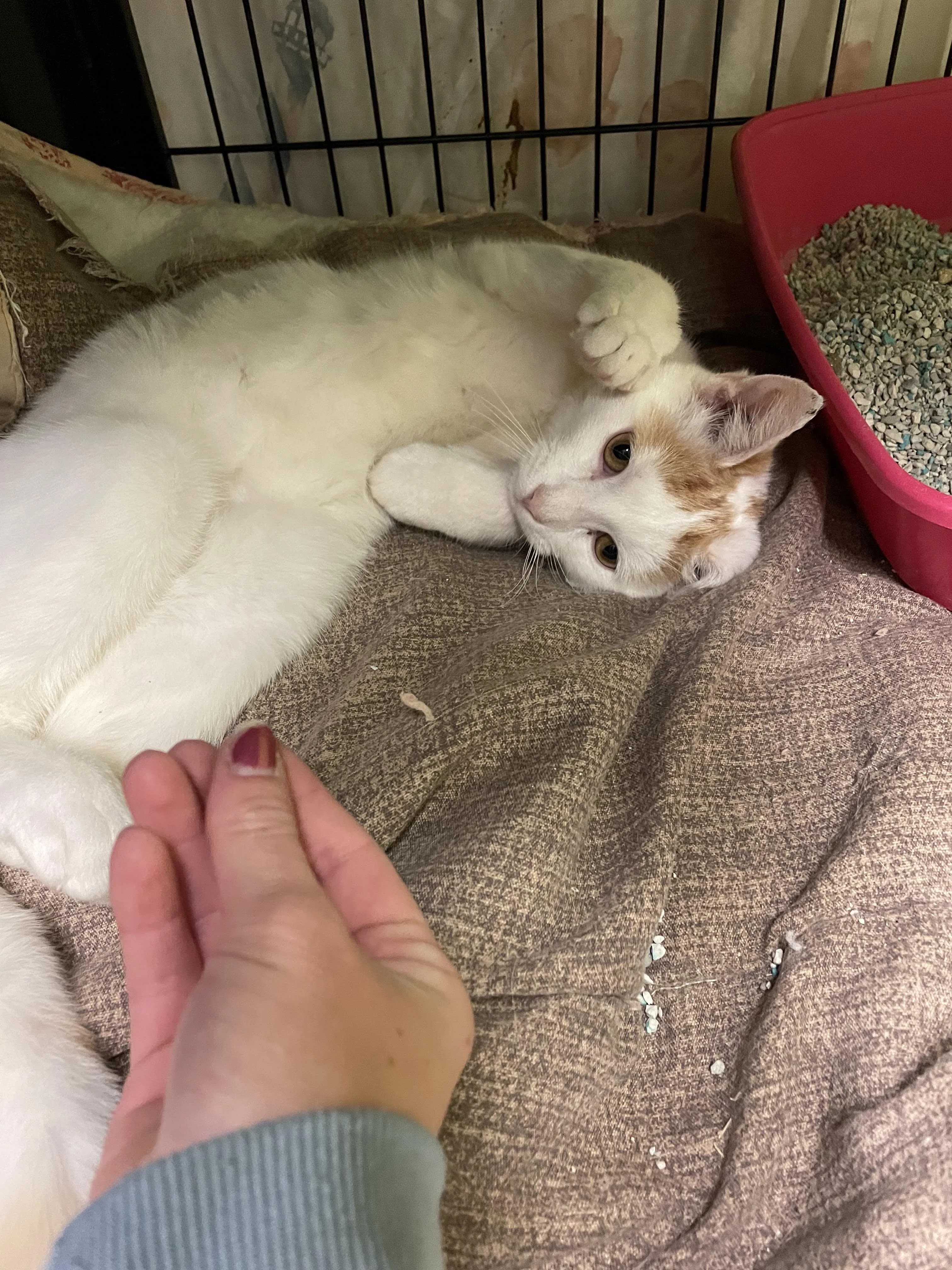Should I Spay or Neuter My Cat? Pros & Cons of Spaying & Neutering Cats
If you are about to adopt an adorable kitten, one of the important things you need to arrange is to take it to the vet to have it spayed. This simple operation is known as the 'castration' of female cats and the 'pruning' of male cats. Below is information on whether or not to neuter cats and related issues that you are concerned about.
Getting your female cat spayed
Female cat neutering is a surgical procedure to remove the ovaries and uterus of a female cat. This procedure is usually performed under general anesthesia and sterilization is performed by a licensed veterinarian.
There are many reasons why cat owners choose to have their female cats spayed. One of the most important reasons is to prevent your cat from getting pregnant you don't want. Female cats can have multiple litters in a year, which can lead to more homeless cats. By neutering female cats, you can prevent pregnancy and help solve the problem of overpopulation.
You may have heard that it's good for female cats to have a litter of kittens before they are spayed, but this isn't true.
If you are considering getting your female cat spayed, there are some things you should know. The ideal time to spay your cat is before she reaches sexual maturity, which is typically around six months of age. However, some veterinarians may recommend spaying at an earlier or later age, because when your cat is about six months old, she'll start to attract the attention of tomcats, who'll want to mate with her. This is why it's important to have her spayed before she reaches six months, so she doesn't get pregnant while she's still a kitten herself.
Just like female cats, spayed male cats will have their testicles removed by professional veterinarians. This can prevent it from peeing into your home to mark its territory, which can be very stinky and it will also be severely injured from fighting for territory. Male cats are also less likely to wander and run away from home in search of female cats to mate with, as cats that have been sniped tend to stay closer to home.
Most importantly, giving your cat a haircut will protect her from a dangerous disease called FIV, which is known as feline HIV. It is spread by cat bites, usually between males competing with females.
Should I Spay or Neuter My Cat?
Spaying or castrating a cat is a decision every cat owner must make. There are many factors to consider when deciding whether or not to have your cat undergo this procedure. Let's first consider the pros and cons of spaying and castrating your cat.
Advantages of neutering and spaying cats.
One of the biggest benefits of spaying and castrating cats is that it can help control cat populations. Every year, thousands of cats are killed or abandoned because there are not enough homes for them. Spaying and castrating cats can help prevent this problem by reducing the number of unwanted litters. This can reduce the number of cats that have to stay in shelters or homeless cats on the street.
Another benefit of spaying and castrating cats is that it can improve their health. Spayed female cats are less likely to develop uterine infections, ovarian cysts, and mammary tumors. Castrated male cats are no longer at risk of developing testicular cancer and certain types of prostate problems. Spaying and castrating cats can also help reduce some behavioral problems, such as aggression and runaways.
While neutering and spaying cats have many benefits, there are also some potential downsides to consider. One of the main concerns is that the procedure is invasive and can be painful. Some people believe it's cruel to have a cat perform this type of surgery, especially if it's not medically necessary. Another concern is that neutering cats can affect their personalities. Some people worry that the procedure will make their cats less affectionate or more lethargic.
In addition, some argue that neutering cats are not always effective for population control. This is because not all cat owners are willing or able to want to neuter or neuter their cats. Some cats also try to escape and mate with other cats, which can lead to unwanted litter.
Frequently asked questions and concerns
If you are considering and thinking about whether to neuter or neuter your cat, you may have some specific questions or concerns. Here are some of the most common questions:
When should I neuter or neuter my cat?
Most veterinarians recommend spaying or castrating cats between the ages of 4 and 6 months. However, the time may vary depending on the breed and health condition of the cat. Your veterinarian can advise you on the best time to neuter or neuter your cat.
Is the procedure safe?
Spaying and castrating cats are common procedures that will be safe. However, as with any other surgery, there are some possible risks involved. Talk to your veterinarian to discuss the risks and benefits of neutering and neutering before you make your decision.
How much it costs?
The cost of spaying and castrating a cat can vary depending on a number of factors, such as the cat's age, breed, and health condition. Costs range from $50 to $200.
Will my cat gain weight after the procedure?
Some cats may gain weight after being spayed or neutered, but this is not always the case. To prevent weight gain, you should provide your cat with a healthy diet and plenty of exercises.






No comments: